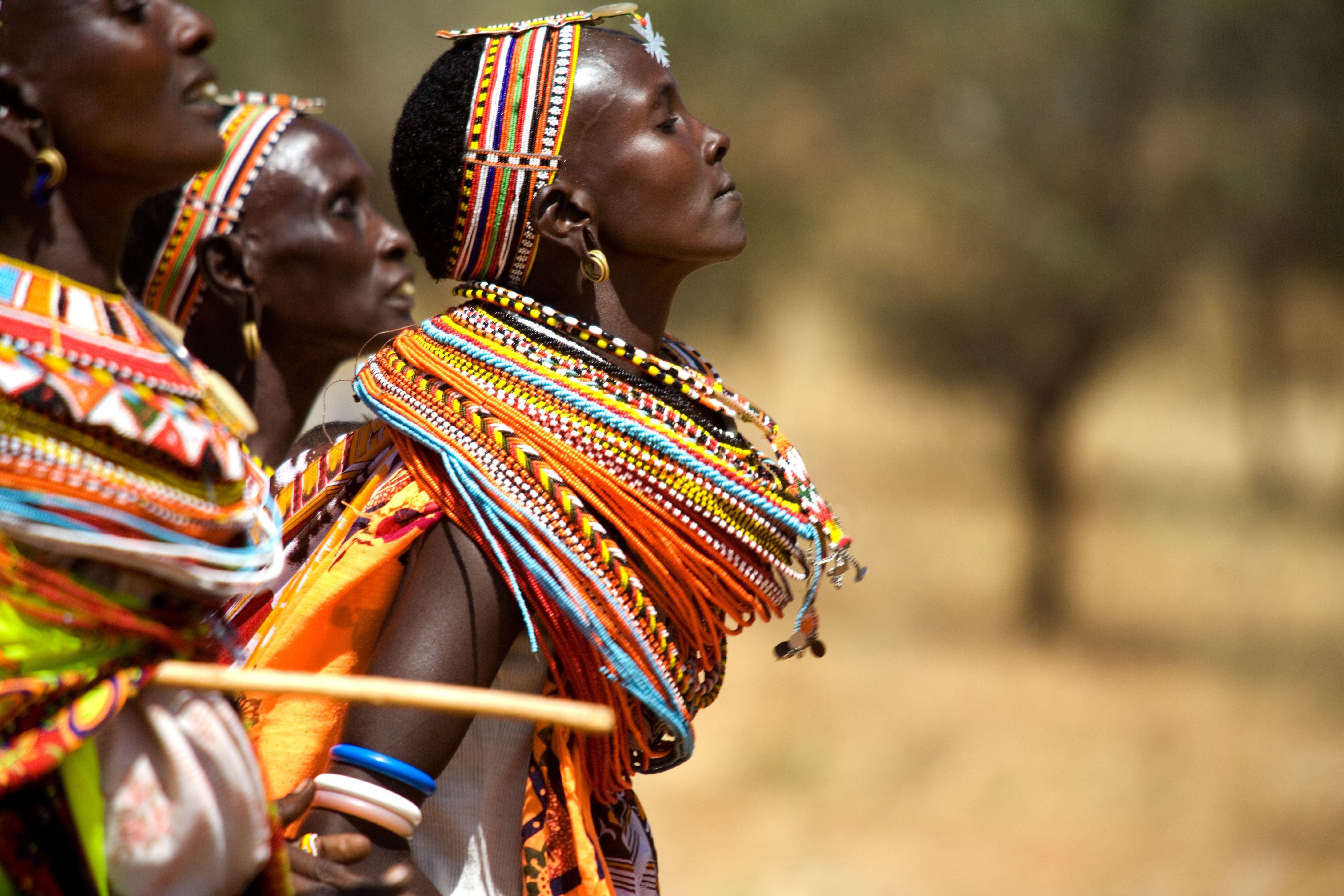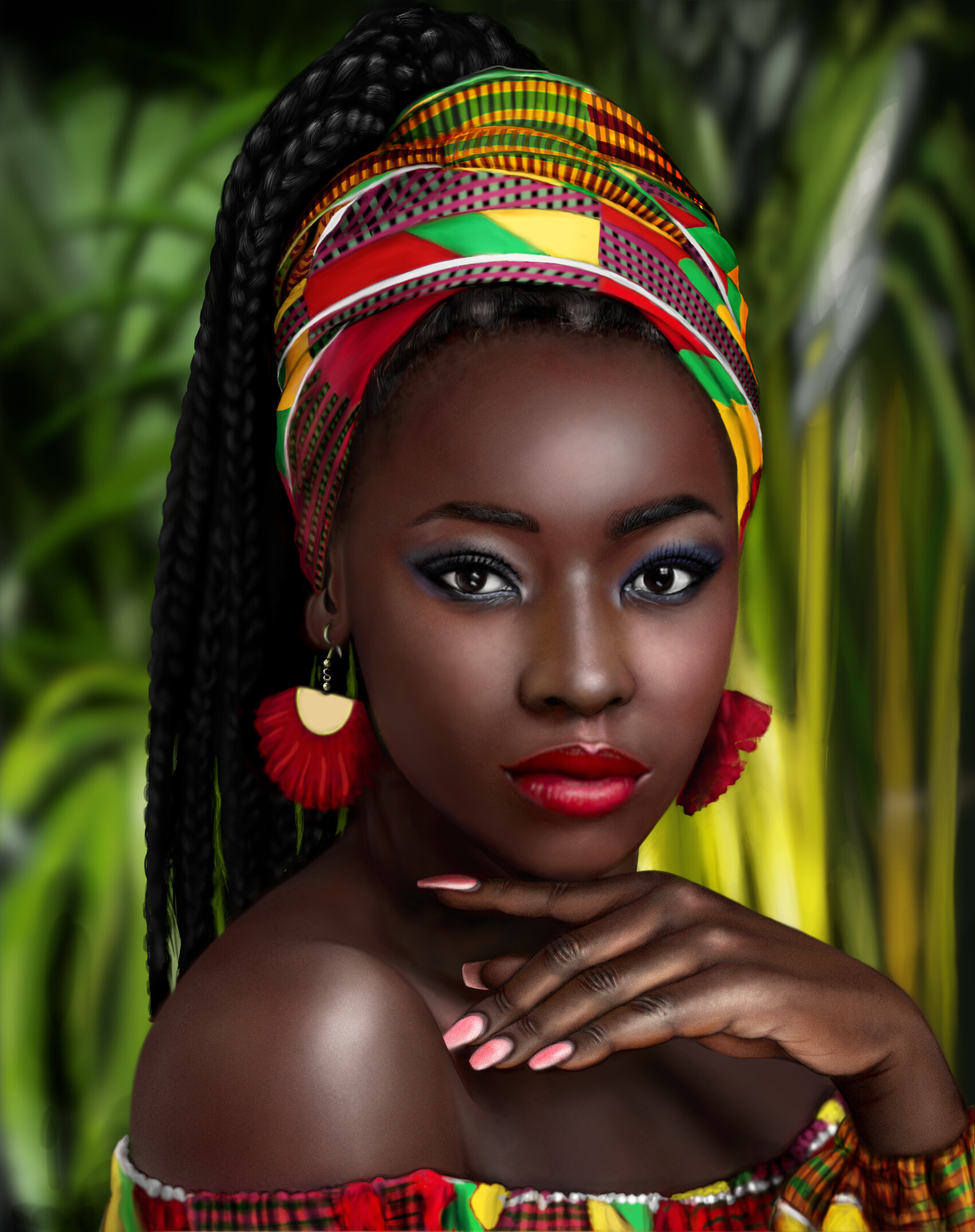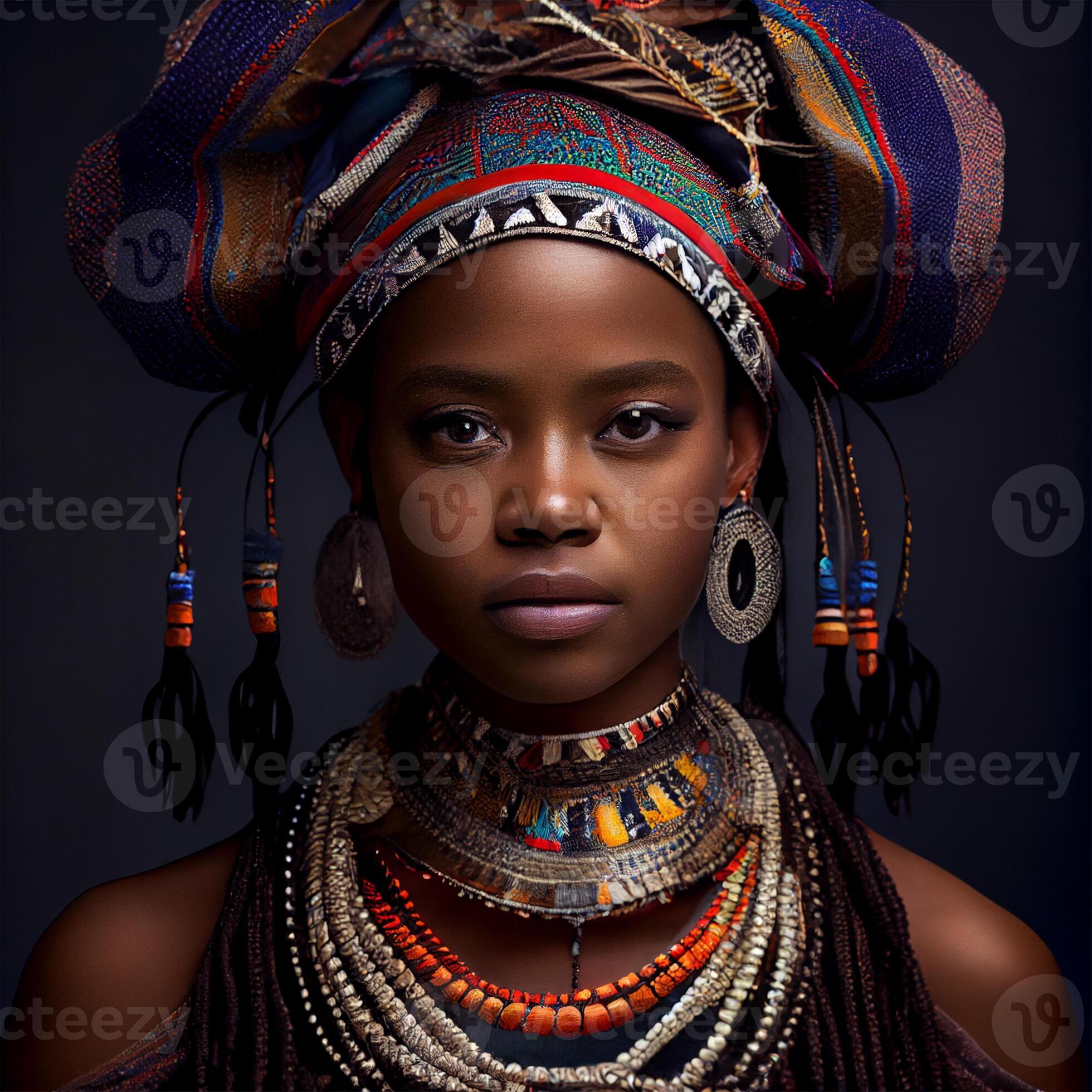Choosing a name for a new baby, or perhaps simply thinking about the names that shape our world, can feel like a very big deal. It's almost as if names carry stories, don't they? For African American men, their names often hold a particularly deep connection to history, culture, and personal identity. These names are not just labels; they are echoes of journeys, hopes, and the strength of a community.
Every name, in a way, is a little piece of someone's heritage. When we look at African American men names, we find a rich tapestry woven from various threads. There are sounds that whisper of ancestral lands, names that reflect historical struggles and triumphs, and also very modern creations that speak to today's world. It's a fascinating area to explore, really.
So, if you're curious about the origins, meanings, or simply the beauty of these names, you're in the right place. We'll take a thoughtful look at what makes African American men names so special, how they have changed over time, and what they mean for the people who carry them today, as we move through 2024.
Table of Contents
- The Deep Roots of African American Men Names
- Popular and Enduring African American Men Names Today
- The Power of a Name: Meaning and Identity
- Choosing a Name: Tips for Parents
- Frequently Asked Questions about African American Men Names
- A Final Thought on African American Men Names
The Deep Roots of African American Men Names
The story of African American men names is a long one, really. It reaches back through centuries, showing how people held onto their identity even in the toughest times. These names tell us a lot about survival, strength, and the desire to keep cultural connections alive. They are, in a way, living history lessons.
From the moment Africans were brought to American shores, their naming practices began to change. Yet, the spirit of naming, the idea that a name holds power and meaning, persisted. This history shapes the names we see today, making them quite special.
Echoes from the Continent: African Influences
Even though direct ties were often broken, the influence of Africa on African American men names remains. The continent itself is very vast and diverse. It includes Madagascar and various archipelagos, for example. African regions are treated under titles like Central Africa, Eastern Africa, North Africa, Southern Africa, and Western Africa. This means there are countless languages and naming traditions across these areas.
While many direct African names were lost, some linguistic patterns and the emphasis on meaning endured. Sometimes, a name might sound familiar to an African word, or its meaning might mirror traditional African values. We know Africa is widely believed to be the “cradle of humankind,” so its cultural impact is, well, immense. This vast land comprises 54 recognized African countries, each with its own distinct identity, and this rich background, even if indirectly, shaped the naming landscape. Think about the celebration of arts and culture in places like Africatown, a premier destination for the global African diaspora; names too, celebrate this heritage.
For instance, some names might carry a meaning related to strength, wisdom, or a connection to nature, which are common themes in many African cultures. This link, though sometimes subtle, helps people feel connected to a deeper heritage. It's a way to keep those old traditions alive, in a sense.
Names Born from American Experience: Historical Shifts
Over time, African American men names also began to reflect the American experience. During slavery, many individuals were given names by their enslavers, often common English names. Yet, even then, people found ways to personalize these names or use nicknames that carried personal meaning. This was a quiet act of resistance, you know?
After emancipation, there was a significant shift. Many African Americans chose new names, sometimes adopting surnames that symbolized freedom, like "Freeman" or "Liberty." They also picked names from the Bible, reflecting their strong faith and hope for a better future. This period truly shows the power of choosing one's own identity.
The Civil Rights Movement in the mid-20th century brought another wave of change. There was a renewed interest in African heritage. People started choosing names that sounded distinctly African or had Swahili origins. This was a powerful statement of cultural pride and a rejection of past oppressions. It was a way to reclaim identity, in a very public way.
Popular and Enduring African American Men Names Today
Looking at names today, we see a blend of history and contemporary style. Some names have been popular for generations, while others are newer creations. It’s a dynamic mix, really, showing how culture keeps evolving. Parents are quite thoughtful about their choices, too.
The choices made often reflect a desire for a name that sounds good, has a nice meaning, and perhaps stands out a little. This balance between tradition and uniqueness is a key part of the naming process now. It's almost like a little art form, you could say.
Classic Choices and Their Appeal
Many classic names remain very popular among African American men. Names like James, Michael, David, and Robert have a long history of use. These names often carry a sense of strength and familiarity. They are, in a way, timeless choices that resonate across many communities.
These classic names often offer a sense of stability and tradition. They are easy to pronounce and recognize, which can be appealing for parents. They also connect individuals to a broader American naming tradition, while still being widely used within the African American community. It's a comfortable fit for many, apparently.
Sometimes, these names are passed down through generations, creating a family legacy. A son might be named after his father or grandfather, continuing a cherished tradition. This practice strengthens family bonds and honors those who came before. It’s a very meaningful gesture, that.
Modern Twists and Unique Creations
Alongside the classics, there's a strong trend toward unique spellings and newly created names. Names like Jalen, DeShawn, Lamar, and Darius have become quite common. These names often have a distinct sound and feel, setting them apart.
Parents sometimes create names by combining elements from other names or by simply inventing new sounds. This creativity allows for a truly unique identity for a child. It's a way to express individuality, you know, right from the start. This approach gives a lot of freedom.
This trend also reflects a desire to celebrate cultural distinctiveness. A unique name can be a source of pride, connecting a person to their community in a special way. It's a statement, in a sense, about who you are and where you come from. This is, typically, a very personal decision.
The Power of a Name: Meaning and Identity
A name is so much more than just a word. For African American men, names often carry deep meaning, reflecting personal aspirations, family history, and cultural pride. They are, in a way, a part of one's very being. This connection is quite profound.
The choice of a name can shape how a person sees themselves and how others see them. It's a powerful tool for identity. Parents often spend a lot of time thinking about what message a name will convey. It's a big responsibility, really.
Connecting to Heritage Through Names
Many African American men names serve as a direct link to heritage. Whether it's a name with African roots, a name from the Civil Rights era, or a name passed down through generations, it tells a story. This story connects the individual to a larger cultural narrative. It's a very tangible bond.
For example, a name like Kwame, which is of Ghanaian origin, immediately signals a connection to African heritage. Similarly, a name like Martin, perhaps inspired by Martin Luther King Jr., evokes a powerful historical struggle for justice. These names carry weight and pride, actually.
This connection helps people feel rooted and proud of where they come from. It's a way to honor ancestors and celebrate the strength of the community. A name can be a source of constant inspiration, reminding someone of their background and potential. This is, basically, a very deep bond.
The Personal Journey of Naming
Beyond cultural ties, a name is a very personal thing. It grows with a person, becoming a part of their unique journey. The sound, the meaning, and how it feels to say it all contribute to its personal significance. It's a constant companion, you know.
Parents often choose names that they hope will inspire certain qualities in their child. A name meaning "joy" or "strength" might be chosen with the hope that the child will embody those traits. This intentionality makes the naming process quite special. It's a way of wishing good things for someone.
Ultimately, the most important thing is how the individual feels about their own name. It's their identity, their call sign in the world. The personal connection to a name is, arguably, the most powerful aspect of all. It’s what makes it truly theirs.
Choosing a Name: Tips for Parents
Picking a name for a new baby is one of the most exciting decisions parents make. It's a chance to give a gift that lasts a lifetime. For those considering African American men names, there are a few things that might help guide the choice. It's a thoughtful process, really.
Taking your time and exploring different options can make the decision feel less overwhelming. There are so many wonderful names out there, each with its own charm. It's about finding the perfect fit, you know?
Researching Meanings and Origins
One of the best places to start is by looking into the meanings and origins of names. Many African American names have beautiful meanings related to virtues, nature, or historical figures. Knowing what a name means can help you feel a deeper connection to it. This can be very rewarding, actually.
For example, a name like Jamal means "beauty" in Arabic, a language that has influenced some African cultures. A name like Omari means "God is my highest" in Swahili. Understanding these meanings can add another layer of significance to your choice. It's like finding a hidden gem, in a way.
There are many resources available online and in books to help with this research. Taking the time to explore these meanings can make the naming process even more special. It's about finding a name that truly resonates with you and your family's values. You can learn more about name origins on our site, too.
Considering Sound and Flow
How a name sounds when spoken aloud is also very important. Say the full name, first and last, to see how it flows. Does it sound good together? Is it easy to pronounce? These practical considerations can make a big difference in daily life. It's a simple test, but a very useful one.
Sometimes, a name might look great on paper but feel a bit awkward to say. Or, it might rhyme with something undesirable. Testing out the name verbally can help you avoid any surprises later on. This step is, typically, quite helpful.
Think about nicknames, too. Does the name naturally lend itself to a nickname you like? Or, can it be shortened in a way that you find appealing? These little details contribute to the overall appeal of a name. It's all part of the big picture, you know.
Embracing Uniqueness
If you're looking for something truly distinctive, don't be afraid to explore less common names or unique spellings. Many African American names are celebrated for their originality. This is your chance to give your child a name that stands out in a good way. It's a very personal choice, after all.
Consider names that are culturally significant but perhaps not as widely used. Or, think about creating a unique spelling for a more common name. Just make sure it's not too difficult to pronounce or spell for others. A little uniqueness is great, but practicality matters, too.
Ultimately, the goal is to find a name that you love and that feels right for your child. It's a name they will carry with pride throughout their life. This decision is, essentially, a gift of identity. You can also explore other cultural naming traditions to get more ideas.
Frequently Asked Questions about African American Men Names
People often have questions when thinking about African American men names. Here are some common ones, with some thoughts to help you out.
What are some popular African American male names?
Well, there's a good mix, really. Some very popular choices include classic names like Michael, James, and David, which have been enduring favorites. Then, you also see names like Jayden, Elijah, and Isaiah quite a bit. Names like DeShawn and Jamal are also very common. The popularity often shifts a little over time, but these are pretty consistent, you know.
Where do African American names come from?
African American names come from a few different places, actually. Some have roots in African languages, though these direct links were often broken over time. Many names also come from English traditions, but with unique spellings or sounds that developed within the community. There's also a strong influence from biblical names, and names that came about during the Civil Rights Movement. It's a rich history, so it's a blend of many things.
Are there traditional African American names?
Yes, in a way, there are. While there isn't one single "traditional" source like a specific tribe's naming convention, the names that developed within the African American community over centuries have become traditional in their own right. Names that emerged after emancipation, or during the Black Power movement, are certainly part of a distinct tradition. The way names are chosen and how they sound can also be seen as traditional within the culture. It's a tradition that's, basically, very much alive and evolving.
A Final Thought on African American Men Names
The names African American men carry are more than just identifiers. They are powerful symbols of history, resilience, and identity. Each name tells a story, whether it's an echo from the vast and diverse continent of Africa, or a testament to struggles and triumphs on American soil. As we consider these names, we see a beautiful blend of tradition and innovation. They truly reflect a journey of strength and cultural pride. It's a really compelling aspect of identity, you know, this whole naming thing.



Detail Author:
- Name : Lilian Rempel
- Username : yost.bethany
- Email : fadel.gardner@gmail.com
- Birthdate : 1977-01-18
- Address : 596 Carissa Estates Suite 640 Port Terrymouth, MN 80104-8576
- Phone : 531-965-7848
- Company : Goyette-O'Connell
- Job : Political Science Teacher
- Bio : Exercitationem accusamus consectetur omnis velit nesciunt non. Eum eligendi minus perspiciatis cupiditate ut nemo. Est enim alias cupiditate nostrum molestias sed.
Socials
facebook:
- url : https://facebook.com/carroll2002
- username : carroll2002
- bio : Ab cum accusamus eius ad praesentium praesentium.
- followers : 6973
- following : 1728
instagram:
- url : https://instagram.com/roscoe_real
- username : roscoe_real
- bio : Sint perspiciatis illum dolorem unde minima officia eveniet praesentium. Vel quo ducimus sequi.
- followers : 3094
- following : 2615

